What are inheritance rights?
The purchase and sale of inheritance rights is an agreement between two parties in which one person sells his or her right to inherit the property and assets of a deceased person in exchange for financial compensation.. In other words, it is the sale of a person’s interest in the estate of a deceased relative.
When a person dies, his or her property and assets are distributed to his or her legal heirs according to the laws of his or her country. In some cases, heirs may have the option to sell their inheritance rights to a third party instead of receiving a share of the property and assets. The purchaser acquires the right to receive a share of the inheritance corresponding to the share he has purchased.
It is important to note that, in some countries, the sale and purchase of inheritance rights may be restricted or even prohibited by law.. In addition, there may be potential risks for the purchaser, as there can be no guarantee that the property and assets of the deceased will be sufficient to cover the estate’s obligations. It is therefore essential to seek legal advice before considering the sale and purchase of inheritance rights.
Why Buy or Sell Inheritance Rights?
The decision to buy or sell inheritance rights may depend on a number of factors and personal circumstances. Some reasons why a person might consider buying and selling inheritance rights include:
Inheriting property without having to wait
When a person dies, his or her property and assets are distributed among his or her legal heirs.. However, this process can take time, as a number of legal and administrative steps need to be taken before the property can be transferred to the heirs.
In some cases, heirs may choose to sell their inheritance rights to a third party.. In this case, the purchaser acquires the right to receive a share of the inheritance corresponding to the share he has purchased. If the share of the real estate is purchased, the buyer can apply to transfer the property into his or her name without having to wait for the entire inheritance to be settled.
Earn additional income
If the buyer believes that the property and assets forming part of the inheritance may be of significant value, he can expect to reap financial benefits once the inheritance is settled.
On the other hand, if a person has inheritance rights and needs liquidity, he or she may choose to sell his or her rights to a third party. In this case, the seller obtains immediate financial compensation in exchange for waiving his rights in the inheritance.
Selling rights that will not be used
If you have inheritance rights that you do not want or cannot use, you may consider selling them to others, such as buyers in your close circle or interested parties from an online service. Once a buyer has been found and a fair price established, a written sales agreement is drawn up specifying the terms and conditions of the sale. After agreeing on the price and drawing up the sales agreement, you must transfer the inheritance rights to the buyer.. This may involve signing legal documents and paying taxes or fees.
Optimisation of the asset structure
Optimising the asset structure in the purchase and sale of inheritance rights is an important process to ensure that the transaction is carried out efficiently and effectively.
In general terms, asset structure refers to how the assets and liabilities of a person or entity are organised and managed.. In the context of the sale and purchase of inheritance rights, wealth structure refers to how the transaction is structured to maximise financial benefits and minimise legal and tax risks.
One of the most common ways of optimising the asset structure in the purchase and sale of inherited rights is through the creation of a company specialising in the acquisition of inherited assets. This company is created specifically to carry out the transaction and is used to separate the inherited assets from the other assets of the buyers and sellers.
How Inheritance Rights Trading Works
The process of buying and selling inheritance rights begins when a person sells his or her share of a future inheritance to another person before the succession has been opened.. The general process of buying and selling inheritance rights is described below:
Identification of inheritance rights to be sold or bought
In order to identify the inheritance rights to sell or buy, it is necessary to determine who are the legal heirs of the deceased person according to the applicable law in the relevant jurisdiction. Heirs may include spouses, children, parents, siblings and other close relatives.
Once the legal heirs have been identified, the share of the inheritance to which each is entitled must be determined. This process may involve a review of the deceased’s will, if it exists, or may require the intervention of a lawyer or a judge.
Negotiation and agreement between the parties
The seller and the buyer agree on the terms of the sale, including span the agreed price, the description of the hereditary rights being sold and any other clauses relevant to the agreement.
Documentation and legal registration
In a sale and purchase of inheritance rights, the documentation required may vary depending on the applicable law in each country or jurisdiction.. However, some documents that may be required are listed below:
- Death certificate: this is the document that certifies the death of the holder of the inheritance rights and is necessary to initiate the succession process.
- Death certificate: this is a document that certifies the fact of death and is issued by the corresponding civil registry.
- Will: if the deceased left a will, this document will be necessary to determine the distribution of the estate.
- Act of adjudication: this is the document that certifies that the heirs have received the distribution of the inheritance.
- Deed of sale: this is the document that formalises the sale and purchase of the inheritance rights between the seller and the buyer.
- Certificate of freedom from encumbrances: this is a document that indicates that there are no encumbrances or encumbrances on the inheritance rights to be sold.
- Identification documents: both the seller and the buyer must present documents proving their identity, such as their identity card or passport.
Transfer of inherited rights
It is important to note that in some cases the transfer of inheritance rights may be subject to legal or judicial restrictions, so it is advisable to consult a lawyer specialised in inheritance law to ensure that all legal requirements are met and to avoid future problems.
Execute contract of sale of inheritance rights
The contract can only relate to the inheritance rights that the seller has in the estate, which means that the buyer will not acquire ownership of any specific property until the succession has been settled and the property has been awarded to the heirs.
Therefore, the contract of sale of inheritance rights is a kind of conditional contract, since the buyer will only acquire the assets that are the subject of the contract once the succession has been settled and the assets have been awarded to the heirs.
Considerations when buying and selling Inheritance Rights
Before making a purchase and sale of inheritance rights, the following considerations must be taken into account:
Analysis of legal and fiscal conditions
The main legal and fiscal conditions to be taken into account are detailed below:
Legal conditions:
- The seller must have the right to sell the inheritance rights. This means that the seller must be one of the legal heirs of the deceased or must have acquired the inheritance rights of one or more of the heirs.
- The contract of sale must comply with the formal requirements of the law. These requirements may vary depending on the country or region in which the contract is concluded.
- The contract of sale of inheritance rights can only be concluded once the succession has been opened and the heirs have been determined.
Tax conditions:
- The seller must pay the tax due on the transfer of inheritance rights. In some countries, this tax may be high and must be taken into account when calculating the selling price.
- The purchaser may be liable to tax on the transfer of the inherited property once the estate has been settled and the property has been adjudicated.
- If the purchaser acquires inherited rights to real estate, he may be subject to taxes and registration fees.
Evaluation of the economic and asset situation of the estate
It is essential to assess the economic and patrimonial situation of the inheritance in order to determine its value. and ensure that the operation is profitable and viable. The aspects to be considered in carrying out such an assessment are presented below:
Identify the assets that form part of the inheritance, as well as their location and state of conservation. Assets can be real estate, movable property, vehicles, bank accounts, investments, etc.
Assess the debts and burdens of the inheritance: In addition to the assets, it is important to identify the debts and burdens of the inheritance, such as mortgages, loans, taxes, among others. These debts and burdens must be deducted from the value of the estate to obtain the net value.
Analyse the profitability of the transaction: Once the assets, debts, inheritance rights and their value have been assessed, the profitability of the transaction must be evaluated. In other words, the value obtained from the sale of the inheritance rights must be compared with the value that would be obtained if the ownership of the assets were to be retained and the entire inheritance received.
Consultation with a lawyer specialising in inheritance law
Before entering into a contract of sale of inheritance rights, it is important that the parties consult a lawyer specialised in inheritance law and a tax advisor to ensure that all necessary legal and tax conditions are met.
Study of long-term implications
The sale and purchase of inheritance rights can have long-term implications for both the seller and the buyer:
- Loss of rights to inherited property: The seller loses any rights to the inherited property he has sold, which means that he will not be able to dispose of it in the future.
- Changes in the composition of the inheritance: The sale of inheritance rights may change the composition of the inheritance and thus affect the distribution of assets among the remaining heirs.
- Risks of contestation: If the sale of inheritance rights is carried out without the consent of the other heirs, there may be risks of contestation of the transaction and legal disputes may arise.
- Tax risks: The sale and purchase of inheritance rights may have tax implications for both the seller and the buyer, and consideration should be given to potential long-term taxation and fiscal burdens.
- Changes in estate planning: The sale of inheritance rights may have implications for long-term estate planning, especially if changes are made to the composition of the estate and the distribution of assets.
Consideration of family feelings and relationships.
Finally, it can have significant emotional and relational implications for all parties involved.especially in the context of the family. Therefore, it is important to consider family feelings and relationships before making a decision.
It is important to maintain open and honest communication with all heirs involved. in the sale of inheritance rights. This includes explaining the reasons behind the decision, ensuring that everyone involved understands the details of the transaction and setting clear expectations for the future.
Bounsel Flow for your Inheritance Rights purchase and sale contracts
Implement an all in one tool for your Inheritance Rights purchase and sale contracts. Create a master template and generate hundreds of documents automatically with a single click. Get ready to revolutionise the world of document management with Bounsel Flow. Sign up for free.











